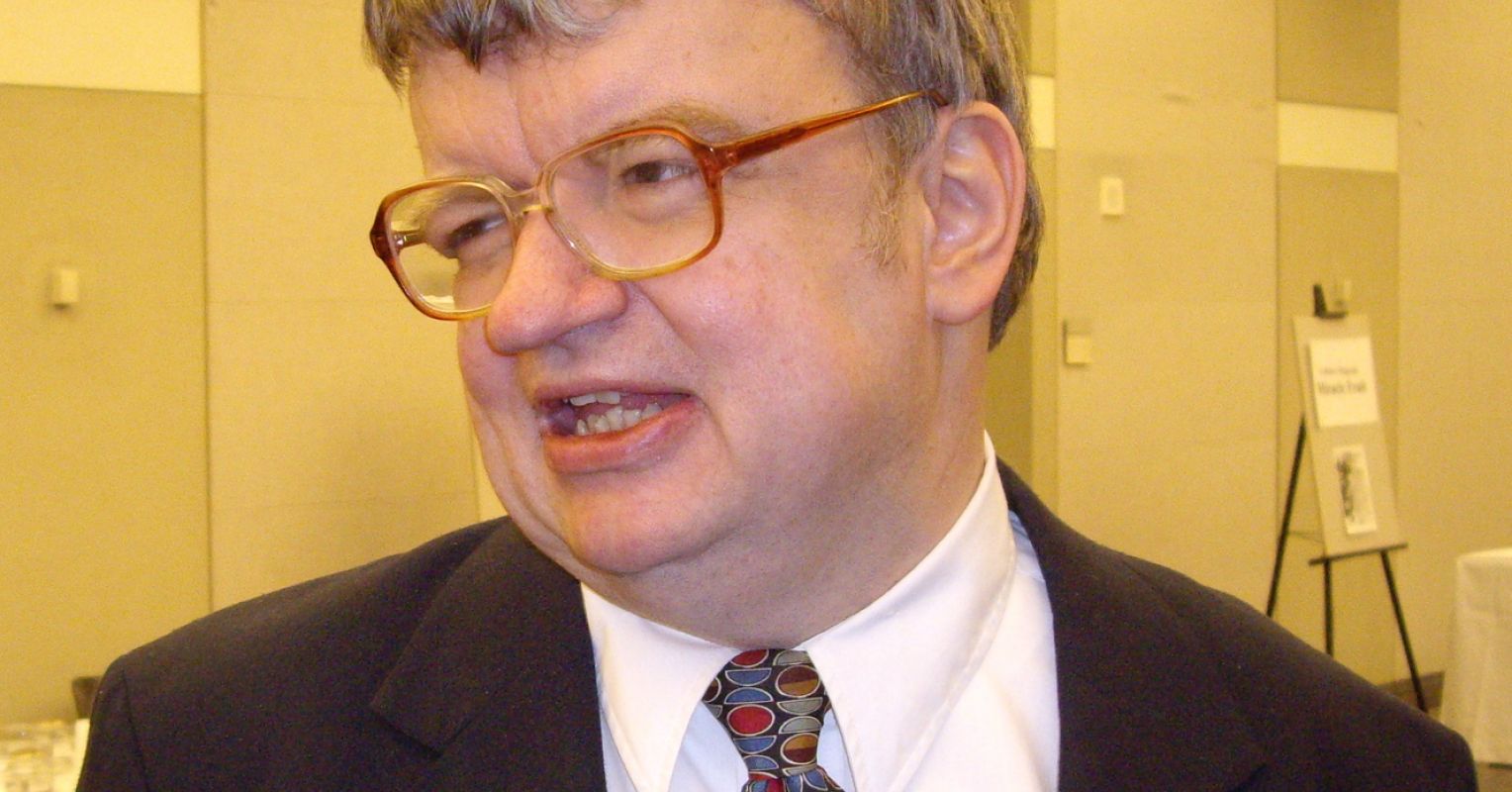Chris12345
Member
Before I was diagnosed with autism my favourite film was 'rainman' and still is. Although I'm not exactly like the character in that film - no one noticed I was autistic until my late thirties, for instance - something must have resonated with me.
Everyone focuses on Dustin Hoffman's performance, which was excellent, but I think Tom Cruise's performance deserves great praise.
I think that film says a lot about freedom, among other themes. I can't really explain what I mean by that, it's something to do with the way America is depicted (I've only been to America once, on holiday).
I suppose it's maybe something to do with contrasting disability to non-disabled. By showing what one can't do it accentuates what the other can. (I know that not all autistic people are disabled in the way he is.)
And obviously the way that Charlie grows as a person, through love of his brother, is brilliantly done. In fact, they both grow as people. The way Charlie finally breaks through and makes a connection.
It's an iconic film. Anyone else touched by that film?
Everyone focuses on Dustin Hoffman's performance, which was excellent, but I think Tom Cruise's performance deserves great praise.
I think that film says a lot about freedom, among other themes. I can't really explain what I mean by that, it's something to do with the way America is depicted (I've only been to America once, on holiday).
I suppose it's maybe something to do with contrasting disability to non-disabled. By showing what one can't do it accentuates what the other can. (I know that not all autistic people are disabled in the way he is.)
And obviously the way that Charlie grows as a person, through love of his brother, is brilliantly done. In fact, they both grow as people. The way Charlie finally breaks through and makes a connection.
It's an iconic film. Anyone else touched by that film?

